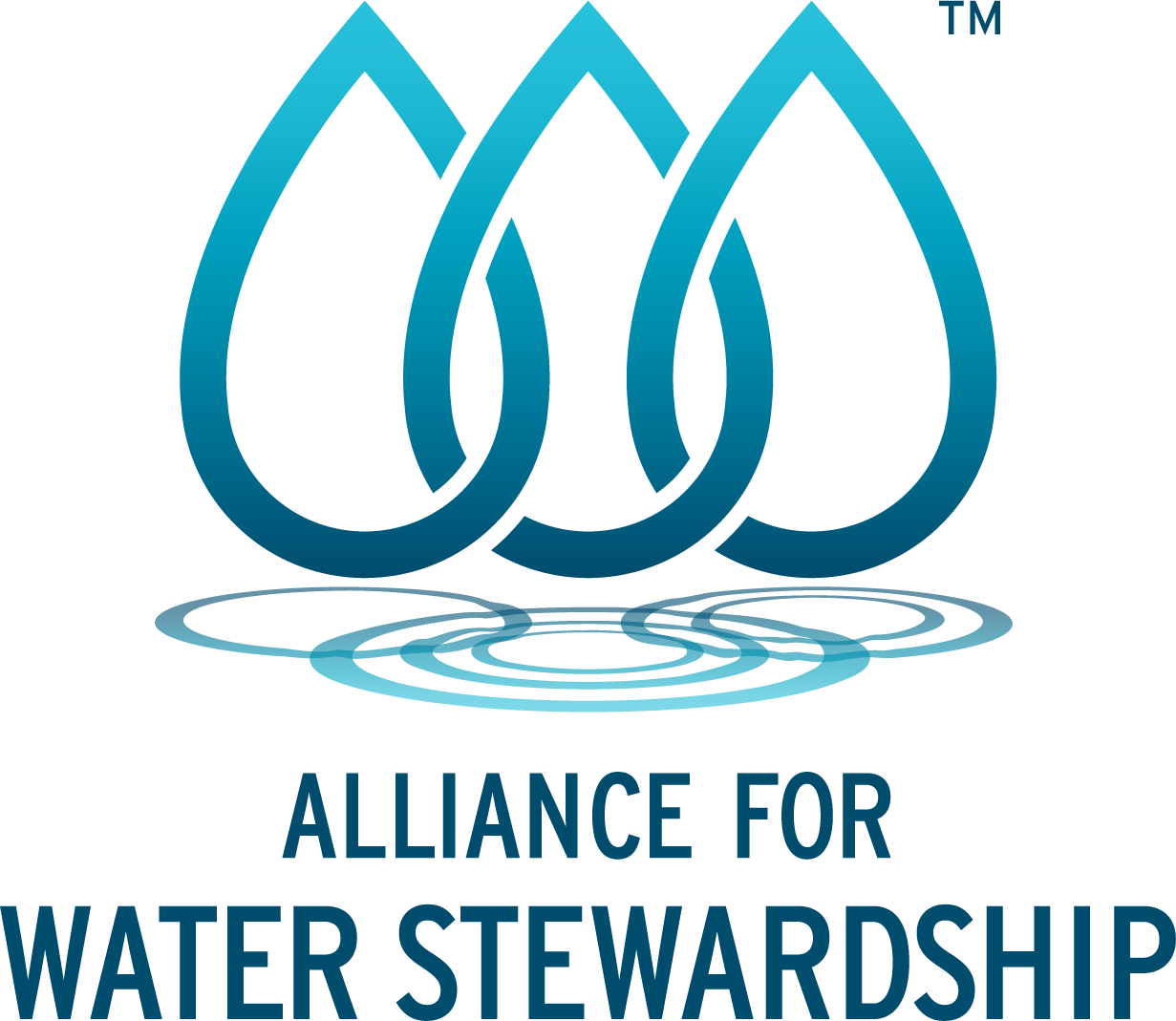Seven Key Takeaways from the UN 2023 Water Conference
For the first time in over 50 years, the UN held a three-day conference entirely focused on freshwater. The UN 2023 Water Conference was held in New York City from 22-24 March and brought together governments, businesses and NGOs from across the world to discuss progressing action towards Sustainable Development Goal 6: Clean Water and Sanitation.
The Alliance for Water Stewardship (AWS) sent a high-level delegation to New York, where we hosted two side events, focusing on common good outcomes through water stewardship and enhancing water resiliency in food systems. We also participated in more than 35 other side events and gatherings across New York as part of the UN Water Conference and New York Water Week. Below are the AWS team’s seven key takeaways from the week.
Key Takeaways
We are part of an energised and committed water stewardship community. One of the biggest successes for our community took place ahead of the UN Water Conference, where we saw a great level of collaboration on shared organisational priorities. A key output of this is the Joint Statement from the Water Stewardship Community to governments. It is also clear that we are committed to advancing this level of collaboration beyond the conference.
We already have the resources we need to succeed. From more than 10 years of effort by all of the organisations that make up the water stewardship community, we already have all of the key resources needed for companies to take action. Across the community we have expertise, evidence, tools, guidance documents, frameworks, a standard and a disclosure mechanism. These make up the architecture of water stewardship. Collectively they all connect to guide companies through their water stewardship journey (see below).

There is a growing momentum towards bringing collective action to scale. This was evidenced by the progress shared by AWS, WWF, the CEO Water Mandate, World Resources Council, GIZ, The Nature Conservancy and several others, to map the world and water stewardship opportunities in priority river basins. Another indicator was the sheer scale of business and non-business interest in this topic at the conference, with water stewardship becoming the de facto narrative leading conversations both inside and outside the UN.
Collective action is the path to local impact, evidence and improved governance. Rooting water stewardship in places and mobilising multiple local actors enables opportunities to create and evidence impact. Additionally, collective actions create ways to engage policy makers and regulators both locally and nationally (currently a significant gap in the water stewardship theory of change). Evidence from collective action will also create international momentum.
Collaboration amongst water stewardship convenors is also essential. There was strong commitment from organisations that convene water stewardship stakeholders to have a greater focus on collective action, particularly in the places where we all know water stewardship is needed the most. This means recognising the distinct roles each organisation plays, and aligning our activities to present a clearer, more impactful approach for companies to engage with.
The AWS Standard can play a pivotal role in focusing disclosures towards greater impact. During the conference, CDP held a consultation with the water stewardship community on how to focus disclosures towards impact. This was an opportunity to mature the important work they have done in making C-Suite actors aware of water as a material issue, to directing business operations to take impactful actions in the places facing the most water risk. The AWS Standard is one part of that, as is setting and achieving targets and engagement with (and investment in) both collective action and nature-based solutions.
We need innovation when it comes to finance. We need to engage with company finance directors to gain the support we need in board rooms. The water community needs to learn to speak their language and highlight the value of investing in water (for every $1 invested in water-related activities there is a $7 return). There is also a growing trend of companies discussing the topic of finance mechanisms as a key factor in achieving water stewardship. This is reflected in our own discussions with companies on the scaled use of the AWS Standard, particularly in complex supply chains. We need innovative financing models up and running to help facilitate direct supply chain engagement in water stewardship. It is a challenge for all AWS Members to work towards addressing together, and we’re going to need to get creative!
AWS delegation at the UN 2023 Water Conference
- Elaine Mead, Chair of AWS Board
- Adrian Sym, AWS CEO
- Scott McCready, AWS Chief Strategy Officer
- Sarah Wade, AWS Sector Lead
